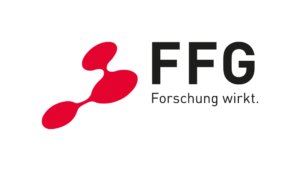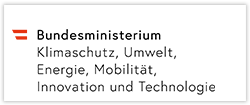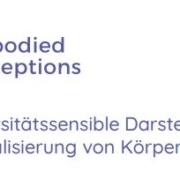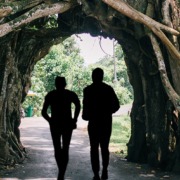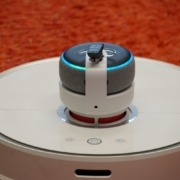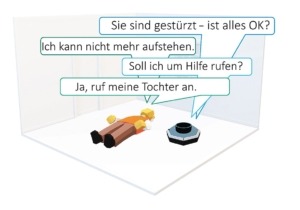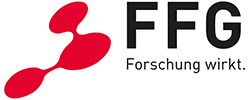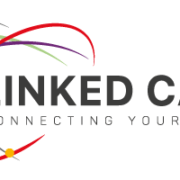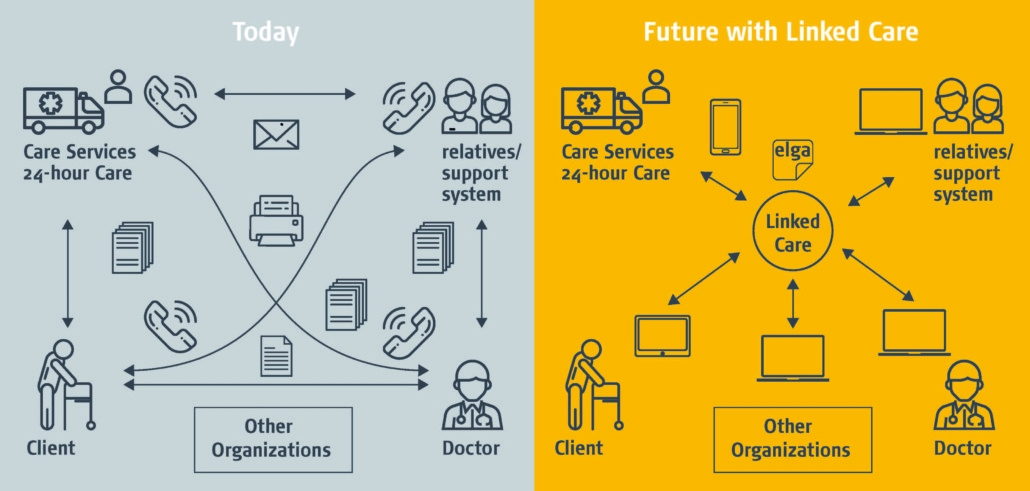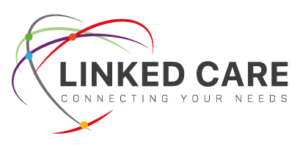Embodied Perceptions – Diversity-sensitive representation and visualisation of body data
Currently, there are only limited options for visualising symptoms such as pain. These symptoms are described in practice or recorded using scales, which makes them less tangible. If pain is visualised at all, it is typically done by drawing on male body representations. This can lead to incomplete depictions of health conditions.
The goal of the project is to design a documentation system in which those affected can record their subjective symptoms on a gender- and diversity-sensitive 3D model in the form of customisable avatars. Through intelligent data visualisations over time, these can be better communicated, illnesses diagnosed, and the effects of treatments understood.
At the heart of Embodied Perceptions is the question of how pain and other subjective symptoms (such as cramps, injuries, etc.) can be digitally visualised to ensure the following aspects:
- A gender- and diversity-sensitive form of representation in which those affected can recognise themselves
- Visualisation of different symptoms and types of pain, especially chronic pain
- Visualisation of temporal progressions or differences (e.g., before and after taking medication, by season/time of day)
- Possibility for documentation that supports both those affected and healthcare professionals
- Acceptance and understanding for people with chronic pain and other subjective symptoms
Project partners: AIT Austrian Institute of Technology GmbH (Projektlead), EURAG Österreich – Verein der Freunde des Bundes für die ältere Generation Europas, RISC Software GmbH, SYNYO GmbH
Duration: September 2024 – February 2027
Funds: FFG – Humanpotenzial, Humanpotenzial, FEMtech Forschungsprojekte 2023
The FFG is the central national funding organization and strengthens Austria’s innovative power. This project is funded by the FFG. www.ffg.at
